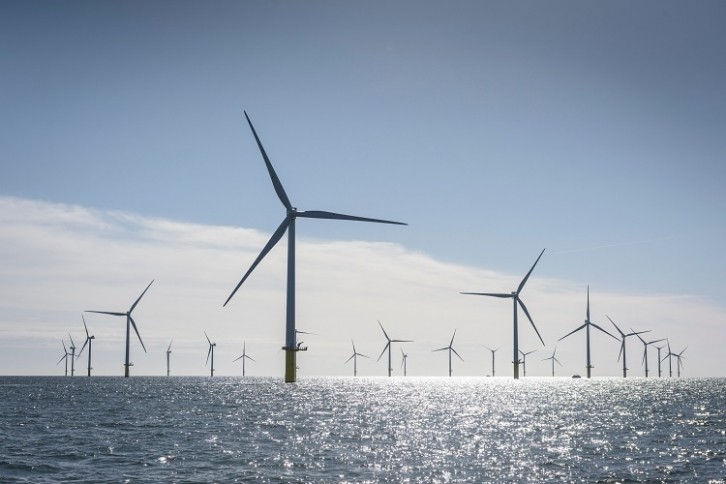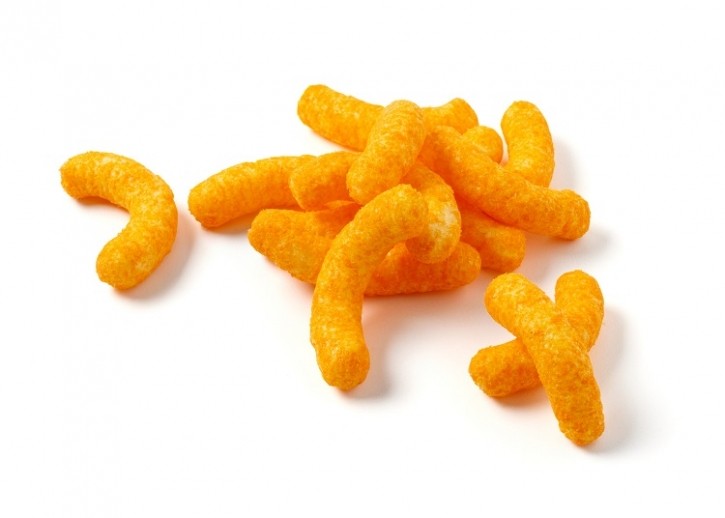Powering foods and drinks manufacturing processes with inexperienced vitality, as a substitute of fossil fuels, considerably reduces an organization’s carbon footprint. However relying solely on inexperienced vitality is a problem: at some durations of the day the solar and wind is unable to generate sufficient vitality to energy manufacturing processes, whereas at others, a surplus is produced.
This was a priority for snacks and drinks main PepsiCo, who has been seeking to combine extra renewable vitality into its Broek op Langedijk manufacturing plant – the place the corporate makes Lay’s and Cheetos crisp merchandise – within the Netherlands.
“We wanted to disconnect from [natural gas] and transfer to renewable vitality,” recalled Katharina Stenholm, PepsiCo’s outgoing SVP chief sustainability officer, Europe. However on the identical time, the answer needed to be ‘price aggressive’. “There may be clearly quite a lot of inflation going into meals costs, so we’re decided to seek out sustainable options that don’t indicate larger prices.”
The answer was developed in collaboration with PepsiCo’s vitality accomplice Eneco, and leverages expertise from German start-up Kraftblock: a thermal battery that shops extra inexperienced vitality for later use.
Storing extra inexperienced vitality with thermal batteries
Kraftblock’s expertise works because of an ‘modern’ materials able to storing temperatures as much as 1,300˚C. As soon as warmth is transferred from the warmth switch medium – in PepsiCo’s case, from sizzling air heated by wind vitality – to the storage system, it may be used for a interval of as much as two weeks. On the Broek op Langedijk web site, the saved vitality is getting used to warmth thermal oil, which in flip, heats cooking oil to fry PepsiCo crisps.
Through the night time and in off-peak durations, PepsiCo is now capable of supply cheaper renewable electrical energy from North Sea windfarms and convert it to sizzling air. This heats up Kraftblock’s iron ‘nuggets’ to 800˚C in ‘tremendous’ insulated storage models. In parallel, PepsiCo makes use of direct electrification to energy two of its electrical thermal oil boilers.
Through the daytime, and peak durations (when vitality prices are larger), PepsiCo can change off its electrical thermal oil boilers, extract warmth from the storage models within the type of sizzling air after which use a sizzling air to thermal oil warmth exchanger to produce vitality to its manufacturing processes.
“We now have the chance to retailer renewable vitality, which implies we are able to pull vitality at off-peak instances when the costs are beneficial…and take vitality throughout nights and weekends, even when our demand just isn’t excessive – to retailer and use later. That’s the novelty and fantastic thing about this resolution,” Stenholm informed FoodNavigator.
Changing pure fuel with sustainability electrical energy will result in a discount of round 50% CO2, with the goal of attaining a 98% discount.
Challenges in implementation
Putting in new expertise at scale is rarely a simple course of. And as Stenholm defined, the answer, co-developed in partnership with Eneco, was not so simple as ‘taking it off the shelf and plugging it in’.
“The novelty of the expertise brings its personal challenges,” she informed this publication. “One other problem is whenever you combine one thing into an present web site – it’s at all times extra sophisticated that at a greenfield web site.”
By way of logistics, for instance, Kraftblock’s batteries must be positioned comparatively near the thermal oil boiler home on-site, we have been informed. “So we needed to rethink the logistics on the location to facilitate the house wanted for this new unit.” Operations, too, are an element, on condition that the Broek op Langedijk plant is one in all PepsiCo’s high 20 snacks websites. “Whenever you’re putting in [new technology] right into a manufacturing facility operating each day, it’s good to watch out about how you intend it, as a way to hold producing whereas putting in.”

The set up marks the primary in Europe, and inside PepsiCo’s enterprise worldwide, to completely decarbonise the operation of a snacks plant. The corporate has put in two models at its Broek op Langedijk web site, with plans to put in a 3rd if the pilots are profitable.
Scouting for innovation
The corporate’s decarbonisation challenge aligns with its PepsiCo Optimistic (pep+) agenda: the snacks main has pledged to scale back greenhouse fuel (GHG) emissions by greater than 40% by 2030 and obtain internet zero emissions by 2040. Inside its personal operations, PepsiCo plans to scale back GHG emissions by 75% by 2030.
Seeking to new improvements, akin to Kraftblock’s thermal battery expertise, is a part of the answer, defined Stenholm. “Now we have groups devoted to sourcing options for the unsolved issues, and it’s in all probability not a coincidence that we’re within the Netherlands – as a result of the Netherlands is a really supportive setting for brand spanking new modern applied sciences.”
When scouting for brand spanking new options, the corporate is aware of its provide base, too. Typically, PepsiCo’s conventional suppliers will develop a brand new resolution, however extra usually the ‘breakthrough’ applied sciences come from start-ups, she defined. “An organization like PepsiCo has the chance to assist start-ups with nice concepts [link with] established gamers with an industrial footprint.
“We may also help them come collectively and [create] one thing that scales sooner {that a} start-up might maybe do themselves.”

This month marks Stenholm’s departure from the corporate, which implies PepsiCo’s sustainability ambitions will now be overseen by a brand new chief sustainability officer in Europe. Archana Jagannathan was main on local weather, vitality and water throughout Europe for PepsiCo, in addition to being vice chairman for sustainability within the UK and Eire, previous to taking over the brand new function.
“PepsiCo has lengthy had a powerful imaginative and prescient and dedication to its sustainability agenda and pep+ gives your complete organisation with a transparent roadmap to sustainably develop and produce worth to the planet and folks,” Jagannathan commented. “We’re taking vital motion to ship on that imaginative and prescient and I sit up for persevering with my work embedding pep+ into our choice making and wider enterprise technique.”

